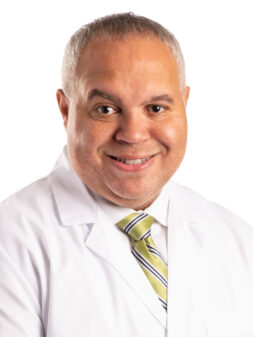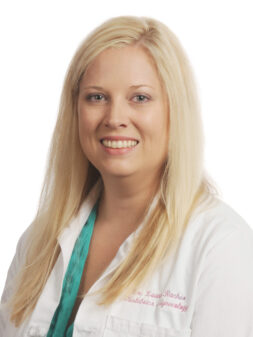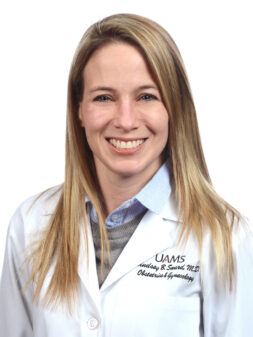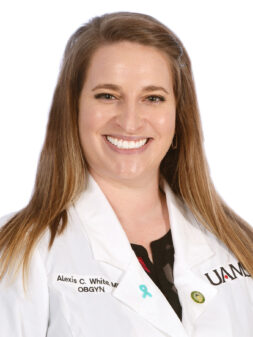Also called: PPD;
Postpartum depression (PPD) is temporary depression, often called the “baby blues,” that some women feel after giving childbirth. It is common for mothers to experience a feeling of sadness soon after giving birth. However, postpartum depression is a more severe, life-affecting sadness that may require attention from a health care professional.
Postpartum depression can be experienced in two forms: early-onset and late-onset. Early-onset is mild, more common, may last a couple of weeks and does not require medication. Late-onset usually occurs several weeks to six months after delivery and is not as common as early-onset.
Causes and Symptoms
Postpartum depression is often characterized by the following symptoms, although each person may experience symptoms differently:
- Sadness
- Anxiety
- Fatigue or exhaustion
- Poor concentration
- Confusion
- A fear of harming the newborn or yourself
- Mood swings
- Diminished sex drive
- Feelings of guilt
- Uncontrolled crying
- Loss of interest or pleasure in life
- Over-concern for the newborn and/or a lack of interest for the newborn
- Appetite changes
- Sleep disturbances
- Feelings of resentment
- Memory loss
- Feelings of isolation
- Feelings of hopelessness
Women who are at highest risk for postpartum depression include:
- Those with a history of depression, anxiety disorders or alcohol abuse
- Those with a history of moderate to severe premenstrual syndrome (PMS)
- Those who have trouble sleeping
- Those who have unrealistic ideas about motherhood
- Those who have an unwanted pregnancy
- Those who experience a stressful life event such as the death of a loved one, a family illness or work difficulties
- Those who lack emotional support from a partner or experience conflict with a partner
- Those who have low self-esteem
- Those who have a newborn with physical or behavioral problems
The exact cause of postpartum depression is unknown. However, it is believed that the hormone level changes that occur during and after pregnancy may produce chemical changes in the brain to make women more susceptible to depression.
Addressing Postpartum Depression
Postpartum depression is usually treated, like other types of depression, with counseling and medication. Counseling may involve talking with a therapist about how depression makes you think, act and feel. Medication is usually given to those with severe cases of postpartum depression. Some antidepressant medications can harm your baby if you are breastfeeding. Talk to your doctor about which medicine is safe to take.
There are also steps you can take to help manage and overcome postpartum depression symptoms. These include:
- Find a companion you can share your feelings with or find a local support group.
- Get in touch with someone who can help take on some of your daily duties, such as childcare, household chores and errands.
- Set aside at least 30 minutes a day to do something for yourself.
- Keep a diary where you write down your emotions.



















